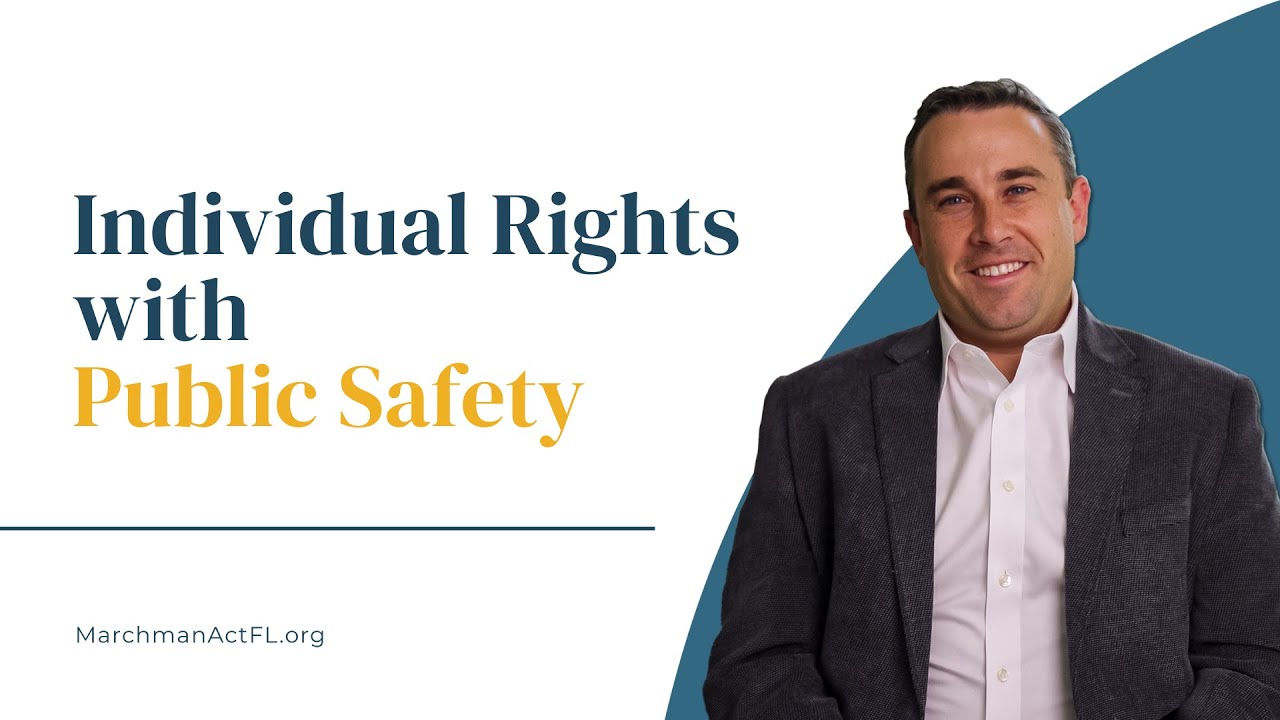
Legal Framework and Core Principles
While substance abuse and mental health crises can devastate individuals and families, the Marchman Act provides Florida’s legal framework for involuntary assessment and stabilization of persons impaired by substance abuse or mental illness.
The Act balances individual autonomy with public safety through carefully structured legal implications that protect both the rights of the impaired person and the community’s welfare. Fundamental principles emphasize evidence-based intervention, due process, and the least restrictive means necessary to achieve stabilization. These ethical considerations guide healthcare providers, law enforcement, and courts in determining when involuntary assessment is warranted.
Key components of the framework include:
– Strict criteria for initiating proceedings
– Mandatory professional evaluation
– Time-limited intervention periods
– Right to counsel and court review
– Confidentiality protections
– Post-stabilization treatment planning
Assessment and Treatment Process
Every successful Marchman Act intervention follows a structured, multi-phase assessment and treatment process that begins with professional evaluation and extends through stabilization protocols. Qualified healthcare professionals utilize standardized assessment criteria to evaluate the individual’s substance use patterns, mental health status, and overall medical condition.
The treatment modalities implemented under the Marchman Act typically include medical detoxification, behavioral therapy, and rehabilitation services, which are tailored to address both immediate safety concerns and long-term recovery goals. Throughout this process, clinicians monitor essential signs, withdrawal symptoms, and psychological stability while documenting the individual’s progress through each phase of treatment. This all-encompassing approach guarantees that participants receive appropriate care levels while maintaining their dignity and rights, even as they undergo involuntary treatment under court mandate.
Rights Protection During Intervention
Despite the involuntary nature of Marchman Act interventions, individuals under court-mandated treatment retain fundamental legal and personal rights throughout the process. These rights include access to legal representation, confidentiality of medical records, and protection from discrimination or mistreatment during treatment.
Intervention ethics require that facilities and practitioners maintain strict professional standards while respecting client autonomy to the greatest extent possible within safety parameters. Rights advocacy groups and legal representatives work to guarantee individuals receive appropriate due process, including the right to challenge their detention, request alternative treatment options, and maintain communication with family members or designated support persons.
Healthcare providers must document all intervention procedures thoroughly, demonstrating adherence to established protocols that protect both individual rights and public safety interests, while maintaining the dignity of those receiving treatment.
Family and Community Impact
The protection of individual rights during Marchman Act interventions extends beyond the affected person to create ripple effects throughout families and communities. Successful interventions often reshape family dynamics, fostering improved communication patterns and establishing healthier boundaries between family members who previously struggled with addiction-related conflicts.
Communities benefit when structured support systems emerge through intervention processes, as neighbors, local organizations, and healthcare providers collaborate to create sustainable recovery frameworks. This interconnected approach strengthens community support while reducing stigma around substance use disorders, ultimately leading to increased awareness and willingness to seek help. The Act’s implementation frequently catalyzes the development of support groups, educational programs, and resource frameworks that serve not only the directly affected individuals but also their extended families and broader social circles.
Balancing Personal Freedom With Public Health
While personal autonomy remains a fundamental human right, invocation of the Marchman Act necessitates careful consideration of how individual liberties intersect with broader public health imperatives.
The delicate balance between personal freedom and societal responsibility becomes evident when examining cases where substance use disorder poses risks beyond the affected individual. Courts must weigh factors such as potential harm to others, public safety concerns, and the individual’s capacity for informed decision-making when determining involuntary treatment orders.
Key considerations include:
– Immediate safety risks to the community
– Long-term public health implications
– Individual’s right to refuse treatment
– Evidence of impaired judgment
– Likelihood of successful rehabilitation results
This equilibrium requires ongoing assessment of both individual circumstances and broader community impacts, ensuring that interventions serve both personal recovery and public welfare interests.



